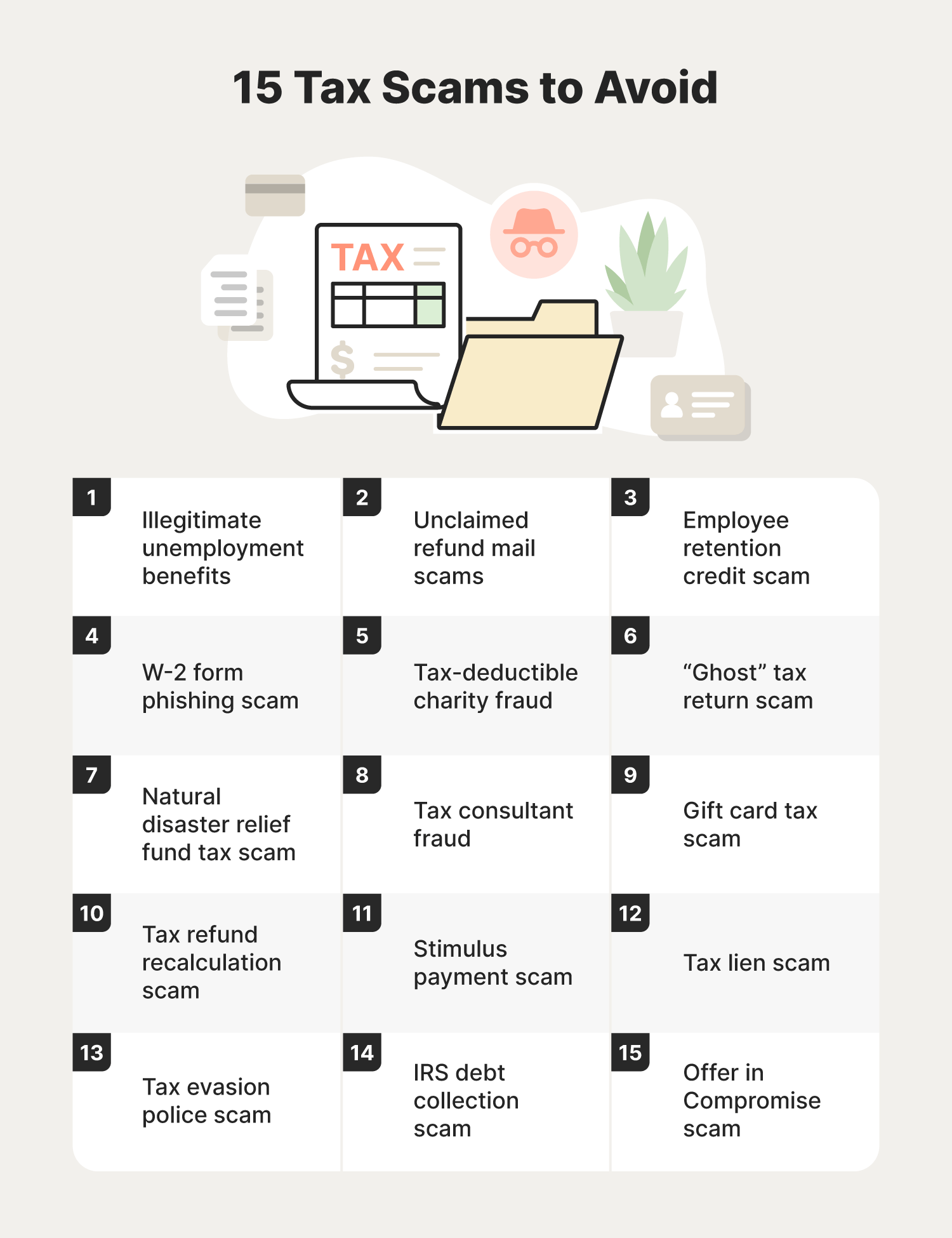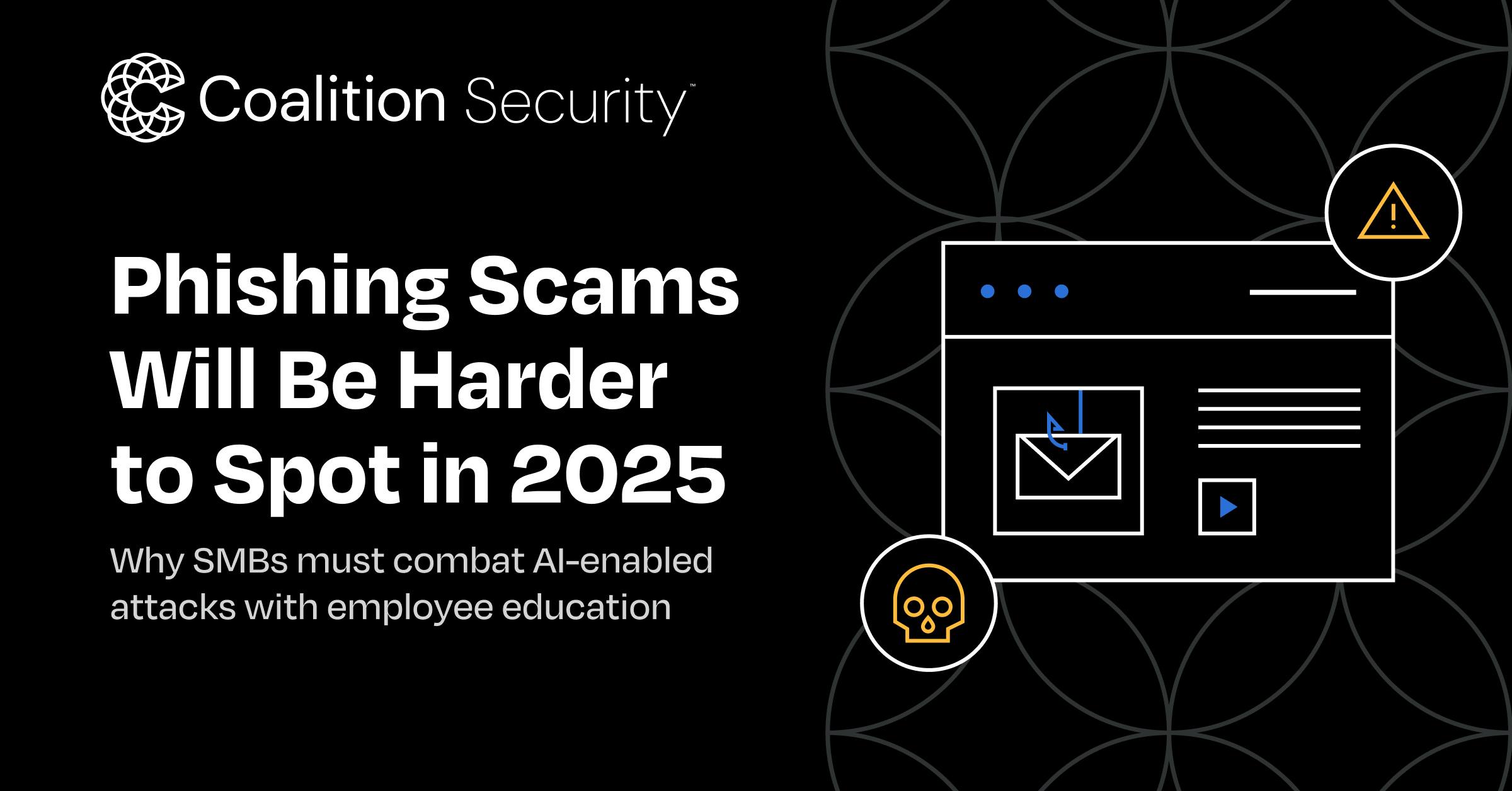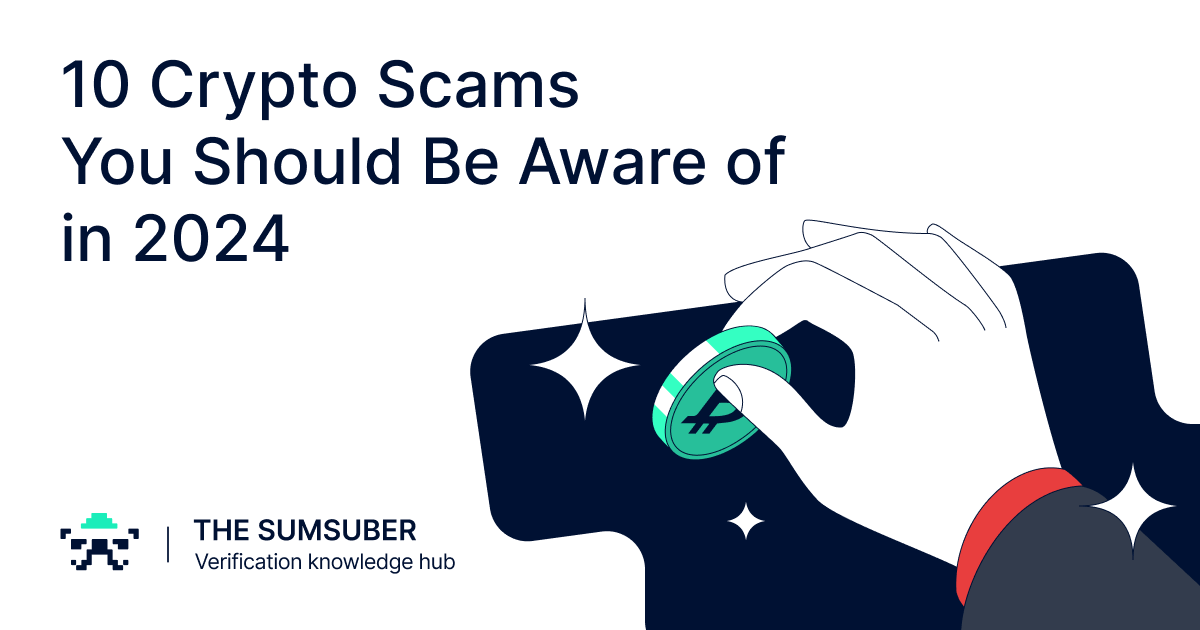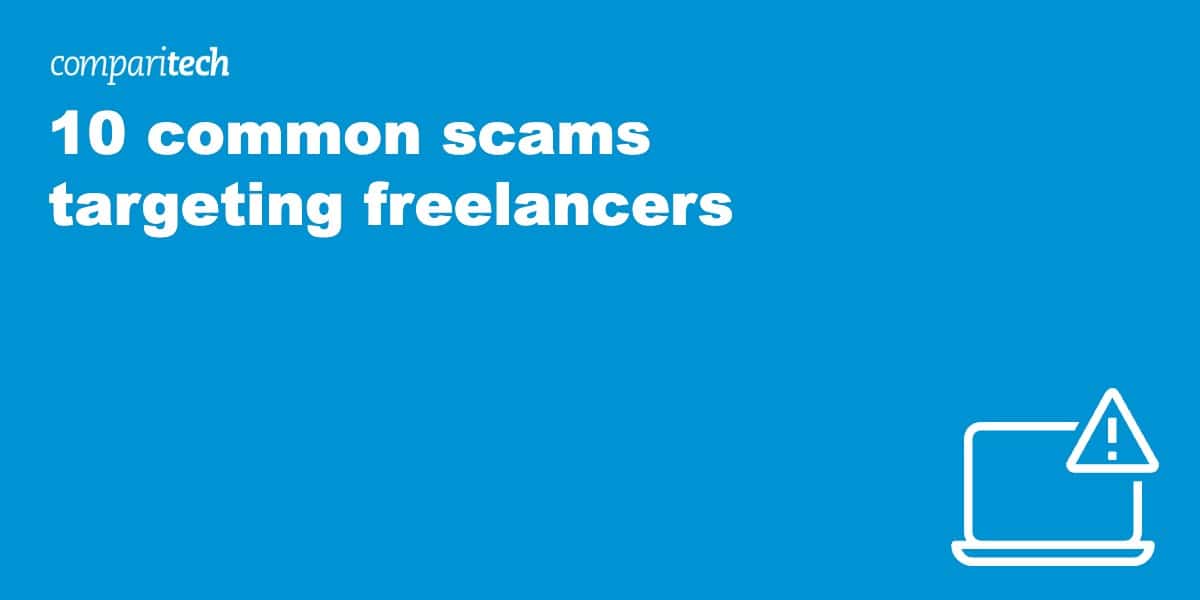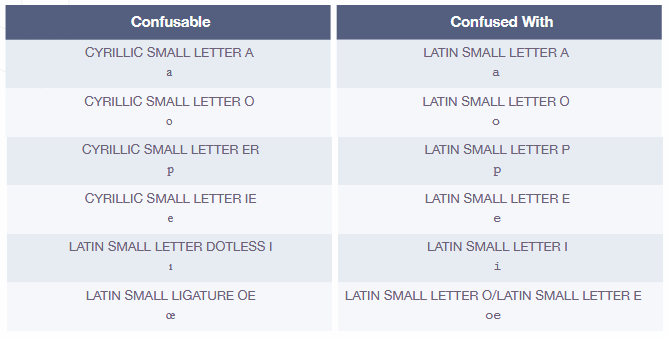If you’ve ever experienced the frustration of falling for a refund scam, you’re not alone. Sites like easyreturn.info and refundfx.eu trick countless individuals with promises of money back, only to leave them empty-handed and stressed. Understanding the tactics these scam sites use is crucial to protecting yourself from their misleading tactics. In this post, we’ll explore the red flags to watch out for, how these scams typically operate, and what you can do to safeguard your hard-earned money. Stay informed and don’t let these scam sites take you for a ride.
Understanding Refund Scams
In today’s world, where technology makes our lives easier, scammers find ways to exploit it. Refund scams have become a troubling threat for many. Let’s break down what these scams are and explore how they trap unsuspecting victims.
What are Refund Scams?
Refund scams occur when fraudsters trick individuals or businesses into giving them money under the pretense of a legitimate refund. These scams take several forms, including:
Overpayment Scams: Here, scammers send a fake payment, usually more than the agreed amount, and then ask the recipient to refund the difference. The initial payment is fraudulent, leaving the victim out of pocket when the bank realizes the fake transaction.
Phishing Emails: Fraudsters send emails claiming to be from legitimate companies, asking for personal information to process a refund. Once they have the data, they steal the victim’s identity or funds.
Fake Websites: Sites like easyreturn.info imitate legitimate companies to trick users into requesting refunds that never materialize. Scammers pocket any ‘fees’ required for the refund process.
For more detailed insights, check out this Consumer Advice on Refund and Recovery Scams.
How Refund Scams Target Victims
Refund scams are not just about exploiting technology; they expertly manipulate human psychology. Here’s how they pull in victims:
Urgency and Pressure: Scammers often create fake crises or limited-time offers to rush decisions.
Imagine being told, “You need to act now or lose your refund!” The pressure leads to hasty actions that victims might otherwise avoid.
Impersonation of Authority: By posing as officials or company representatives, scammers build credibility. Victims are more likely to comply when they feel they’re dealing with a trusted source rather than a random stranger.
Guilt and Reciprocity: Some scams hinge on making victims feel guilty for receiving ‘overpayments’ or benefiting from a mistake. Victims are then prompted to correct the situation by providing refunds they’re not actually owed.
Want to learn more about protecting yourself? This Stripe article on Refund Fraud offers practical tips for businesses and individuals alike.
As these scams become more sophisticated, it’s important to stay informed and vigilant. Recognizing the signs can save you from falling prey to these fraudulent schemes. In our next sections, we’ll discuss ways to protect yourself and the steps to take if you find yourself targeted by refund scams. Stay tuned to arm yourself with knowledge and safeguard your assets.
Overview of Easyreturn.info and Refundfx.eu
Navigating the digital marketplace can sometimes feel like wandering through a labyrinth. Among the legitimate sites are those designed to deceive and defraud, such as easyreturn.info and refundfx.eu. Let’s explore these sites and uncover their operational strategies.
History and Operations of Easyreturn.info
Easyreturn.info has been flagged multiple times across online communities for its dubious activities. It initially presents itself as a solution for refund recovery, promising to secure refunds for payments made to scam entities. However, the truth is often starkly different.
Service Masking: The site claims to offer convenient and efficient refund services. But, it lacks transparency in its operations, often asking users for upfront fees or sensitive personal information without a clear course of action.
Red Flags: Users quickly notice inconsistencies in the site’s service offerings and customer support. Reports suggest that interactions often lead to no tangible results, leaving customers frustrated and out of pocket source.
Online Presence: Despite the website’s sleek design, its reputation precedes it. Reviews on platforms like Reddit reveal common narratives of unfulfilled promises and financial loss source.
This site exploits the vulnerabilities of its users, promising outcomes that are rarely, if ever, delivered. It’s a stark reminder that not everything that glitters online is gold.
History and Operations of Refundfx.eu
Refundfx.eu operates under a similar guise. It presents itself as a legitimate service provider in the financial sector but often leaves a trail of unsatisfied customers.
Facade of Legitimacy: Refundfx.eu projects an image of credibility, often bolstered by a seemingly supportive web presence. Yet, it lacks direct customer engagement and fails to deliver promised financial returns source.
Tactics and Entrapment: The site uses the classic bait-and-switch tactic, drawing users in with promises of easy financial recovery. Once engaged, clients report being ignored or receiving inadequate responses to their queries source.
User Complaints: Many individuals share their experiences of deceit, citing delayed services and a notable absence of responsive customer service, highlighting a pattern of neglect or intentional delay source.
In a marketplace filled with both opportunities and threats, discerning legitimate services from scams like these requires vigilance and awareness. Understanding the historical and operational shortcomings of easyreturn.info and refundfx.eu can empower users to make informed decisions and avoid unnecessary pitfalls.
Signs of a Scam Site
In the bustling expanse of the internet, distinguishing between a legitimate website and a potential scam can be daunting. Sites like easyreturn.info and refundfx.eu are commonly flagged for suspicious activities. Understanding the signs of a scam can help protect you from becoming their next victim.
Red Flags of Easyreturn.info
Easyreturn.info may look convincing at first glance, but several warning signs indicate it’s not what it claims to be. Here are some red flags to watch out for:
Lack of Contact Information: Legitimate websites usually provide clear and accessible contact information. Easyreturn.info, however, is often criticized for not providing a physical address or phone number, making it difficult to reach them when issues arise. Explore some of these red flag examples that may signal a scam site.
Suspicious Payment Methods: The site may request payments only via unconventional methods like wire transfers or cryptocurrencies, which can be hard, if not impossible, to reverse. This is a classic scam tactic outlined in many scam prevention guides.
Poorly Written Content: Scam sites often have content riddled with spelling and grammatical errors, indicating a lack of professionalism. This can be a crucial indicator that the site is untrustworthy.
Nonexistent Customer Support: Users report an absence of effective customer support, leaving them unable to resolve issues or get refunds.
Red Flags of Refundfx.eu
Refundfx.eu also raises several concerns that potential users should be aware of. Here’s what makes this site dubious:
False Credentials: The site may claim to have certifications or affiliations with reputable organizations when in fact, such claims are unverifiable. Beware of any broker without proper certification, as discussed in scam articles.
Inconsistent Information: Pages on the site may contain conflicting or outdated information, suggesting a lack of proper management or a deliberate attempt to confuse users.
Pressure Tactics: Some users have reported receiving urgent messages that push them to act quickly, a well-known scam strategy meant to prevent individuals from carefully assessing the situation.
Questionable Online Reviews: Look for patterns in online reviews. Many negative reviews indicate a history of poor service, as seen on sites like Reddit.
By understanding and recognizing these red flags, users can better protect themselves from being scammed. It’s essential to remain cautious and informed as more scam sites surface online.
Protect Yourself from Refund Scams
The digital marketplace is bustling with activity and convenience, but it’s also rife with risks like refund scams from sites such as easyreturn.info and refundfx.eu. These scams exploit the refund process to deceive individuals into parting with their money. Let’s explore some effective strategies to safeguard yourself while shopping online and when assessing refund claims.
Best Practices for Online Shopping
Shopping online should be as safe as it is convenient. Here’s how you can protect yourself with some tried-and-true strategies:
Use Secure Connections: Always shop from a secure internet connection. Avoid public Wi-Fi as it can be a breeding ground for hackers. Look for URLs starting with “https” and a padlock symbol on your browser to ensure you’re surfing safely. For more tips, check out this guide on safe shopping practices.
Research the Seller: If you’re purchasing from a new vendor, take a moment to read reviews and check their reputation. Established, well-rated sellers are usually safer bets.
Be Cautious with Offers: If it seems too good to be true, it probably is. Be wary of deals that offer deep discounts or short-term promotions. Scammers often use these tactics to lure you in.
Monitor Your Accounts: Regularly check your bank and credit card statements for unauthorized transactions. Quick detection can prevent further issues.
These practices can greatly reduce your chances of falling victim to online scams, ensuring a more secure shopping experience. If you’d like detailed advice, explore these online shopping tips.
Verifying Refund Claims
Refund scams can be tricky, with fraudsters often impersonating legitimate entities. Here’s how to determine if a refund claim is legitimate before proceeding:
Confirm the Source: Verify any emails or communications through official channels. For instance, if a company contacts you about a refund, reach out directly using their verified customer service number or website.
Don’t Share Personal Info: Legitimate refund processes rarely require sharing sensitive personal or financial information. Be suspicious if you’re asked for these details under duress.
Check Refund Status Independently: Use official channels to track refund statuses. For tax-related refunds, the IRS offers a verification service to ensure legitimacy of claims.
Look for Red Flags: Be cautious of unsolicited refund offers, especially if they demand an upfront payment or have urgency attached. Scammers thrive on creating panic and urgency.
Use Secure Verification: Many institutions provide tools and resources to confirm refund claims securely, avoiding the pitfalls of scams source.
Being informed is your best defense against being scammed. Use this knowledge to protect your financial assets and enjoy a worry-free online experience.
What to Do if You’ve Been Scammed
Falling victim to a refund scam can feel like a punch to the gut. Suddenly, you’re left grappling with trust issues and potentially significant losses. But don’t feel helpless—there are steps you can take to report these scams and potentially recover your funds. Taking swift action can minimize damage and help you regain control.
Reporting the Scam
Once you realize you’ve been scammed, reporting it is crucial. By alerting authorities, you not only increase your chances of recovering any losses but also help protect others from falling into the same trap. Here’s where and how you can report:
Federal Trade Commission (FTC): Use ReportFraud.ftc.gov to report fraud, scams, and dishonest business practices. This platform helps you connect with the appropriate agencies.
Internet Crime Complaint Center (IC3): For online scams, the IC3 provides a form to file complaints ranging from cyber fraud to various scams, ensuring that your case gets noticed by the right federal authority.
USA Government: Check out USA.gov’s scam reporting tool to identify the scam category and get directed to the right consumer organization or federal agency.
State Consumer Protection Offices: Consider contacting your state’s consumer protection office. They often have specific resources and advice tailored to local scams and fraud.
Recovering Lost Funds
While recovering funds might require patience and persistence, there are actions you can take that might increase your chances:
Bank Notification: If your banking or credit card information was compromised, immediately contact your bank. Inform them of the unauthorized transaction and request a reversal or chargeback.
Preserve Evidence: Document every detail related to the scam. Save emails, texts, and take screenshots. These could be crucial when you report to authorities or negotiate with your bank.
Federal Trade Commission: Check the FTC’s advice on recovery scams to understand common pitfalls and strategies for getting your money back.
Recovery Services Caution: Be wary of services that promise to recover your money for a fee. Some of these may be scams themselves. The CFTC warns that recovery scams can further victimize you.
Consult Professional Help: If the loss is significant, seek advice from legal professionals. They can provide guidance on how to proceed and represent your interests effectively.
Acting quickly and wisely increases your chances of recovering from a scam. Every step taken not only aids you but also contributes to a greater awareness that can prevent others from experiencing similar misfortune.
Conclusion
Refund scams are a persistent menace, preying on trust and vulnerability. Easyreturn.info and refundfx.eu exemplify how deceptive tactics can wreak havoc, leaving victims in financial distress.
Stay alert and question unexpected refund offers, especially when they demand personal data or upfront fees. Learn from resources like the FTC’s guide on refund scams to fortify your defenses.
If you’ve been scammed, act fast—report it and preserve evidence for authorities. Use your experience as a learning point to recognize warning signs sooner.
Your vigilance not only protects your assets but also helps curb this fraudulent practice. Stay informed, ask questions, and trust your instincts. The internet is a valuable resource, but safety always comes first.
